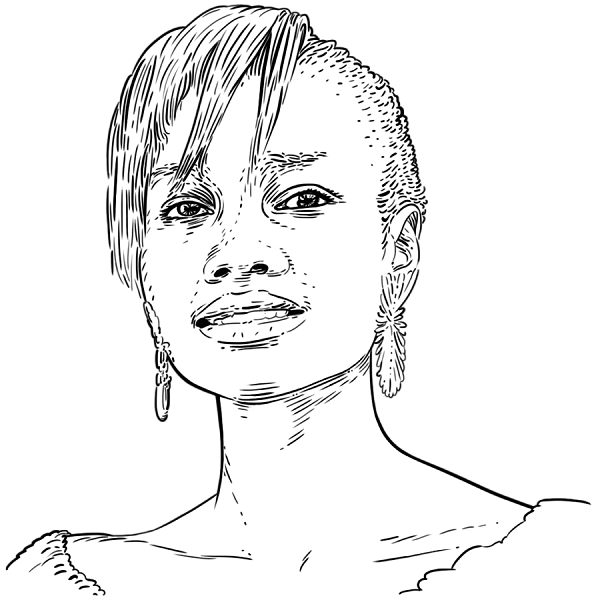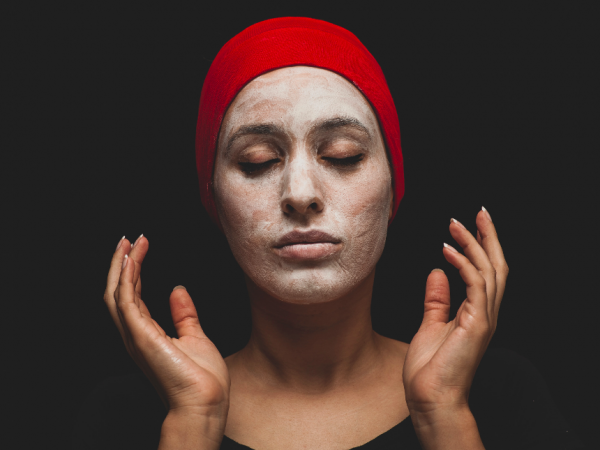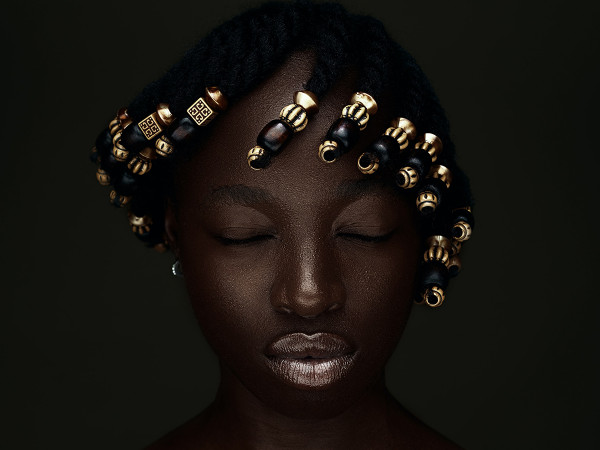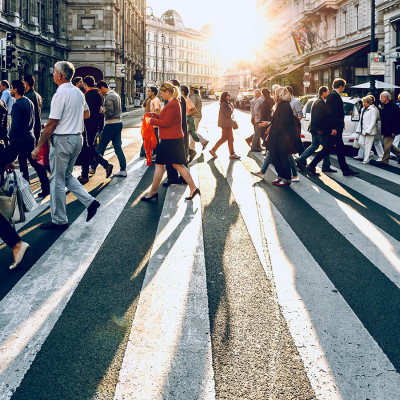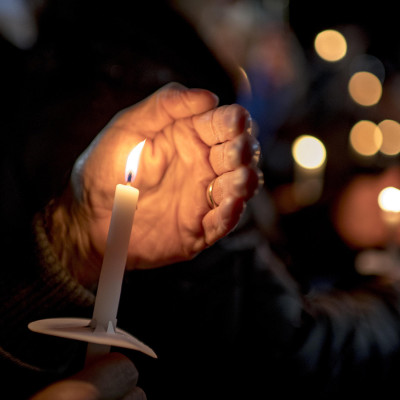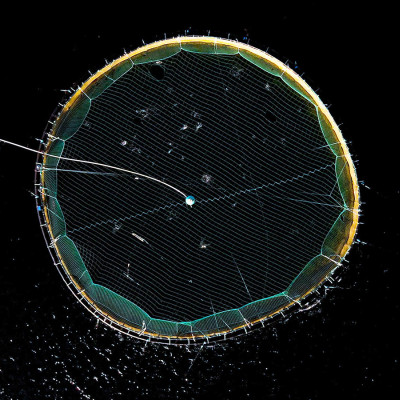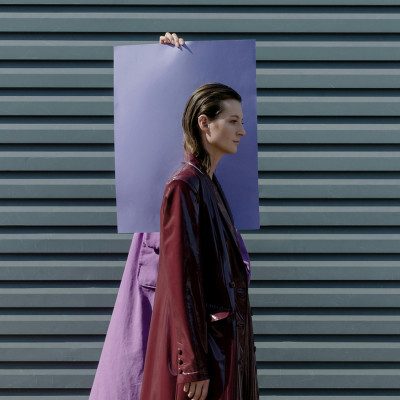Behind the scenes in the glamourous modelling industry
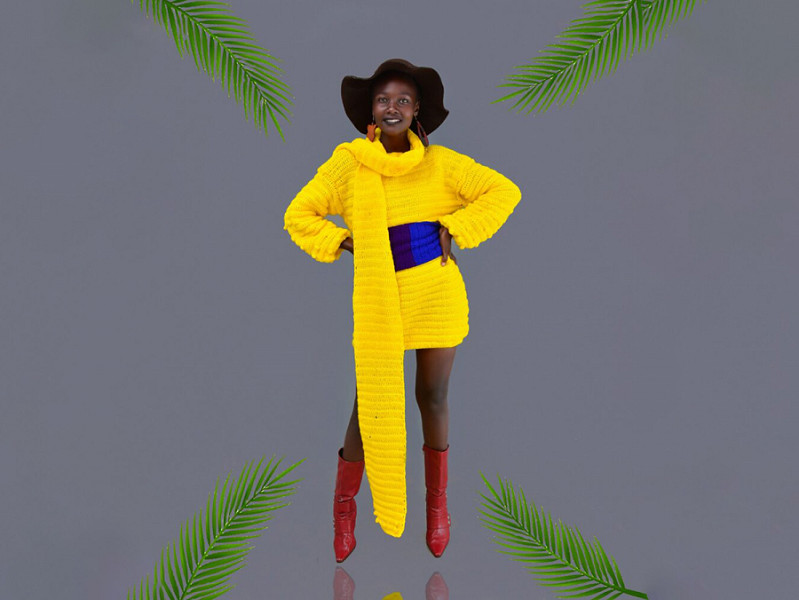
The life of a model can seem all glamorous, fancy, luxurious, a life to admire, career to look up to from walking down the runway, posing for photo shoots, going to posh places, landing luxurious gigs and a lot more.
What we don’t know is the pressure, pain and the grievances that they go through behind the scenes, the lonely nights, extreme exercises, reducing food intake, mental conditions, eating disorders, anxiety, depression, being misunderstood and inferiority complex and the need to always be perfect with little or no assistance available in addressing these issues.
The modelling industry can be a challenging place to try to establish and grow a career due to the events that occurs behind the scenes.
I am Sandra Hawi Miss Rongo University 2018/2019, model and, currently, the founder of fashion brand Hawi Designs. In my personal experience, anorexia affected my normal life, my confidence and self- esteem. In fact, being told that you are fat and not beautiful enough or not good enough to bag the contract is the last thing any model would want to hear.
For quite some time I lived with the fear of adding weight, I restricted my diet so that I could be like other models, perfect shape, perfect waist etc. This led to me developing inferiority complex.
I felt inefficient, inadequate and incompetent, not once or twice would I look in the mirror and call myself names, lament my shortcomings and validate the self-criticism, just when my esteem was fragile, I would attack it even more. Later, when I realized that I can’t be like everyone else, I identified my uniqueness and owned it.
This is one of the commonest challenges that models go through and we usually fail to acknowledge the pressure of thinness that is put on us because it not only affects our normal life, but also our source of livelihood depends on it; so, we have to do everything to make sure that we remain relevant in the industry or lose it all together.
The journey of each model is different, some choose to pursue other careers while others choose to establish and grow a career in the industry.
Let us get into the journey of Derrick Lumumba Mr. Kenya polytechnic 2013 and Mr. World Kenya Nyamira County 2016. He says his journey was not the easiest especially when he was vying for Mr. World Kenya finals: “I was competing the best in the country with almost zero resources. The fact that most county governments were supporting their models did not make it any better for us who did not have any support system”.
Being a model based in Kisumu City, Kenya, getting gigs was the main challenge encountered and that meant no income. He saw a need for change and so he ventured into Nairobi shows and, of course, being an outstanding model, he passed all the auditions he attended. “The challenge came in when I had to attend the gigs every other week-end and sometimes weekdays when I’m supposed to be attending classes. It was overwhelming and financially draining”.
In 2016, together with his friends, he came up with the fastest growing fashion platform in East Africa Kisumu Fashion Week where he worked as the models director and casting agent until he left the country to pursue a different career. “Get an alternative revenue stream, modelling is an expensive affair”.
We all have to agree that unstable income is a major challenge that models go through, their income depends on the number of signed contracts and the events that they take part in, which being a highly competitive field it can be very difficult to get even a single one. The ironic part is that to succeed in this industry you need money to facilitate your activities, going for castings and taking part in photo sessions and that’s where we are advised that if you are not passionate enough about the job don’t venture into it.
Atieno Onyango Miss International Kenya 2015 and Miss International Africa 2015, Kenyan model based in Seoul, Korea, one of the most successful models. She started with Beauty pageant and she recalls when she was still a newbie how it was like.
“In Kenya if you are an upcoming model and you don’t have connections or representation, this is the only way to get started. You need to be someone or know people for clients to book you, regardless of how talented you are. At the beginning when I was in Kenya, it felt like I was never light enough for commercials and never dark enough to be a fashion model. Getting booked was the biggest challenge but this changed after I won Miss international”.
Another challenge was being told “no” at castings, back to back kind of messes you up especially when you are a newbie, this can lower your esteem so much because no one really tells you why you have been rejected. This takes a lot of time to get used to, but eventually you learn “nothing is personal, that’s just how the business works”.
As most models struggle with identity and want to be all over doing what others did and succeeded, forgetting that everyone has a different path, she reminds us “Look for a market where you are unique, the biggest mistake upcoming models make these days is looking for instant fame. No passion about the job, most of them are just chasing the glamour, the life and they want it handed to them on a silver platter and lack originality. Put in the work and choose your own path.
Know your worth. This will help you know when to say “no” and when to compromise. Look for a mother agency, this is the key to having a successful career, no one will take you seriously if you don’t have a representation. Don’t start modeling if you are not passionate about the job. Talent alone won’t cut it, you need both.
The challenges that models face are different from one model to another.


